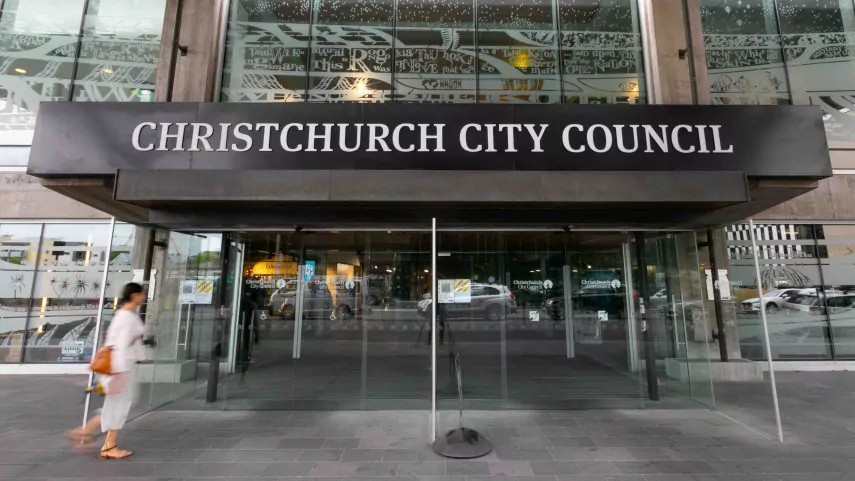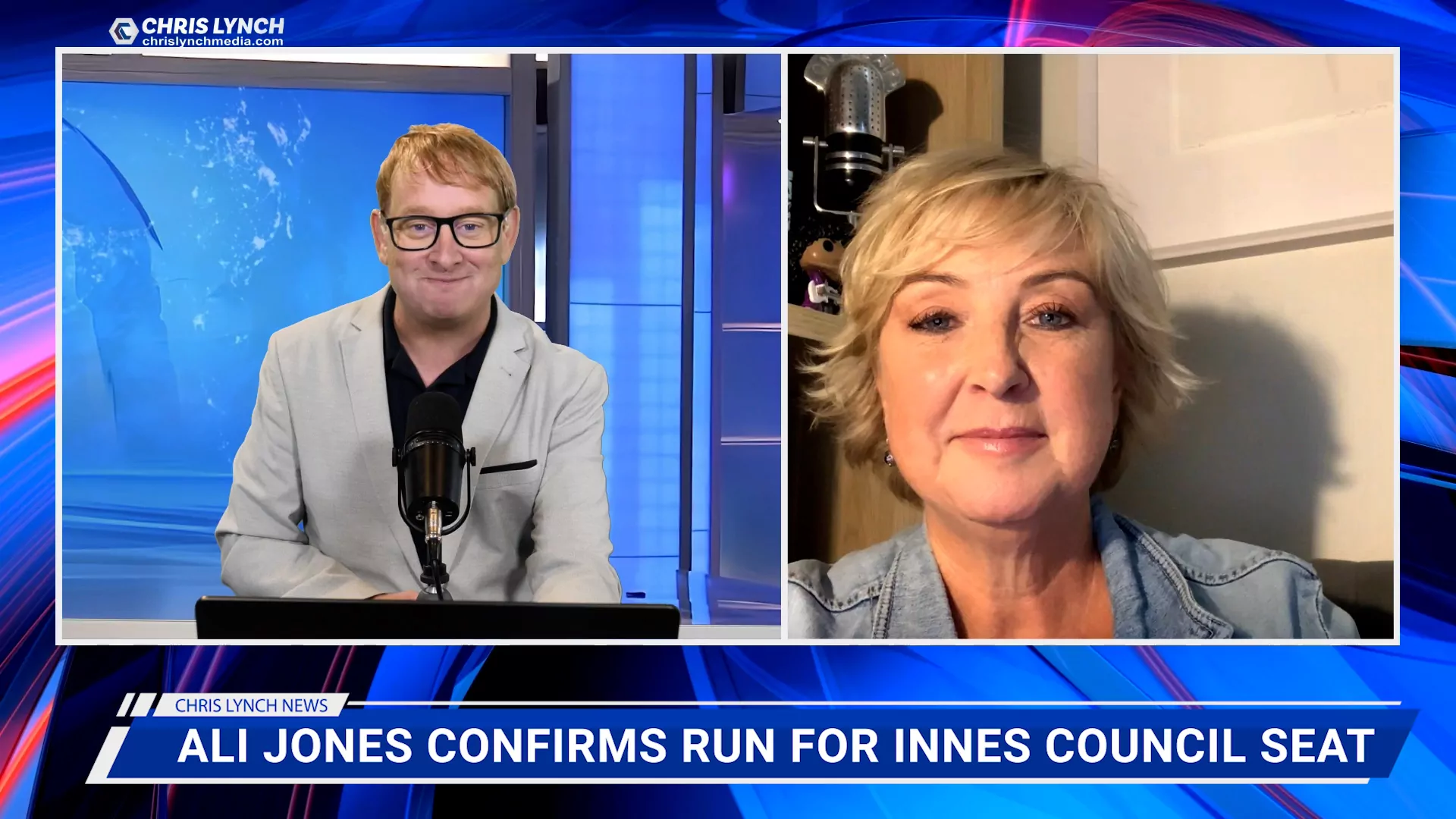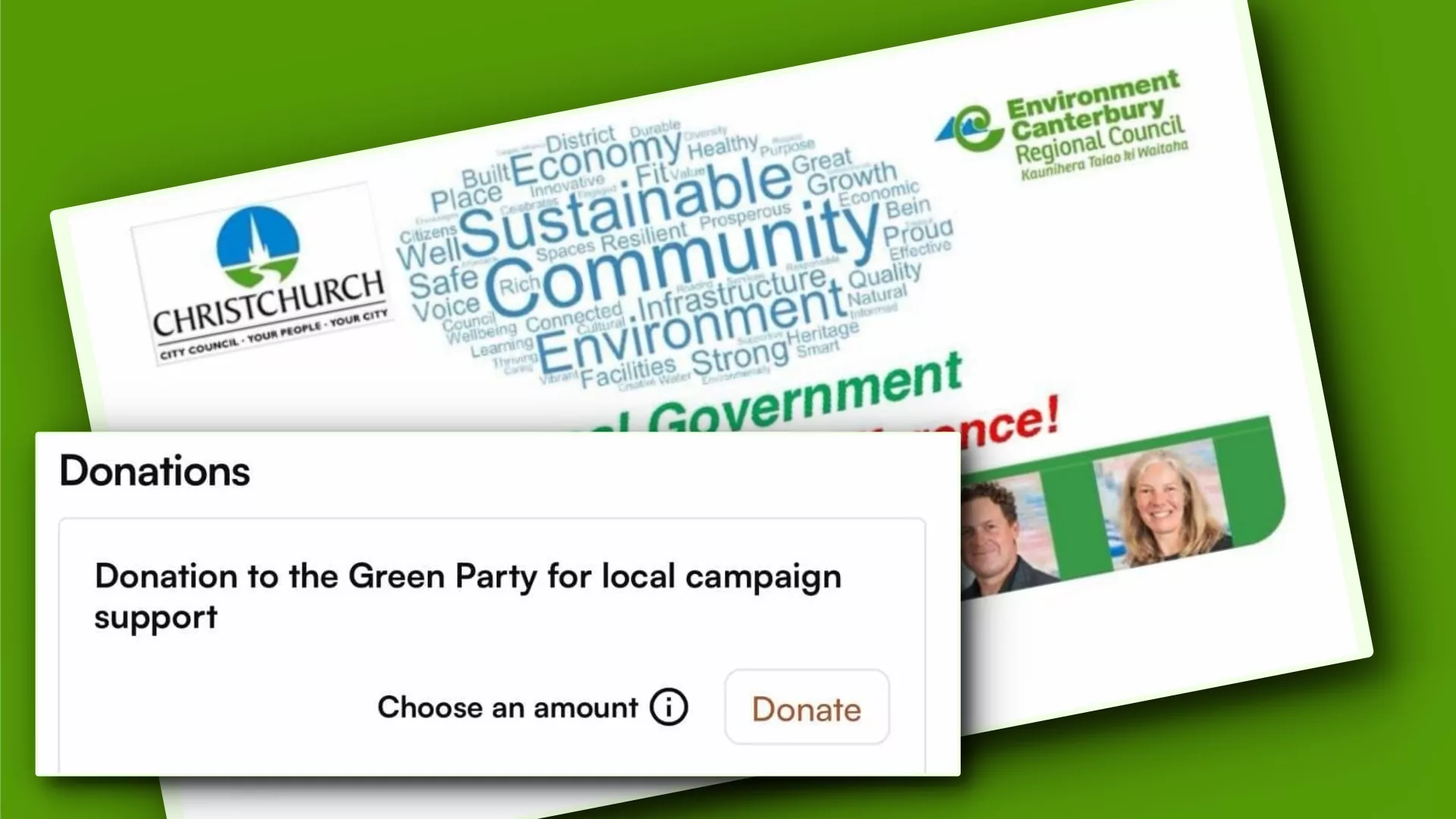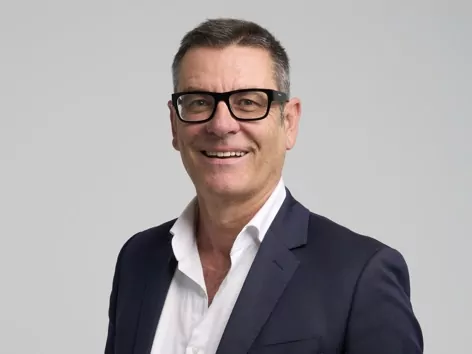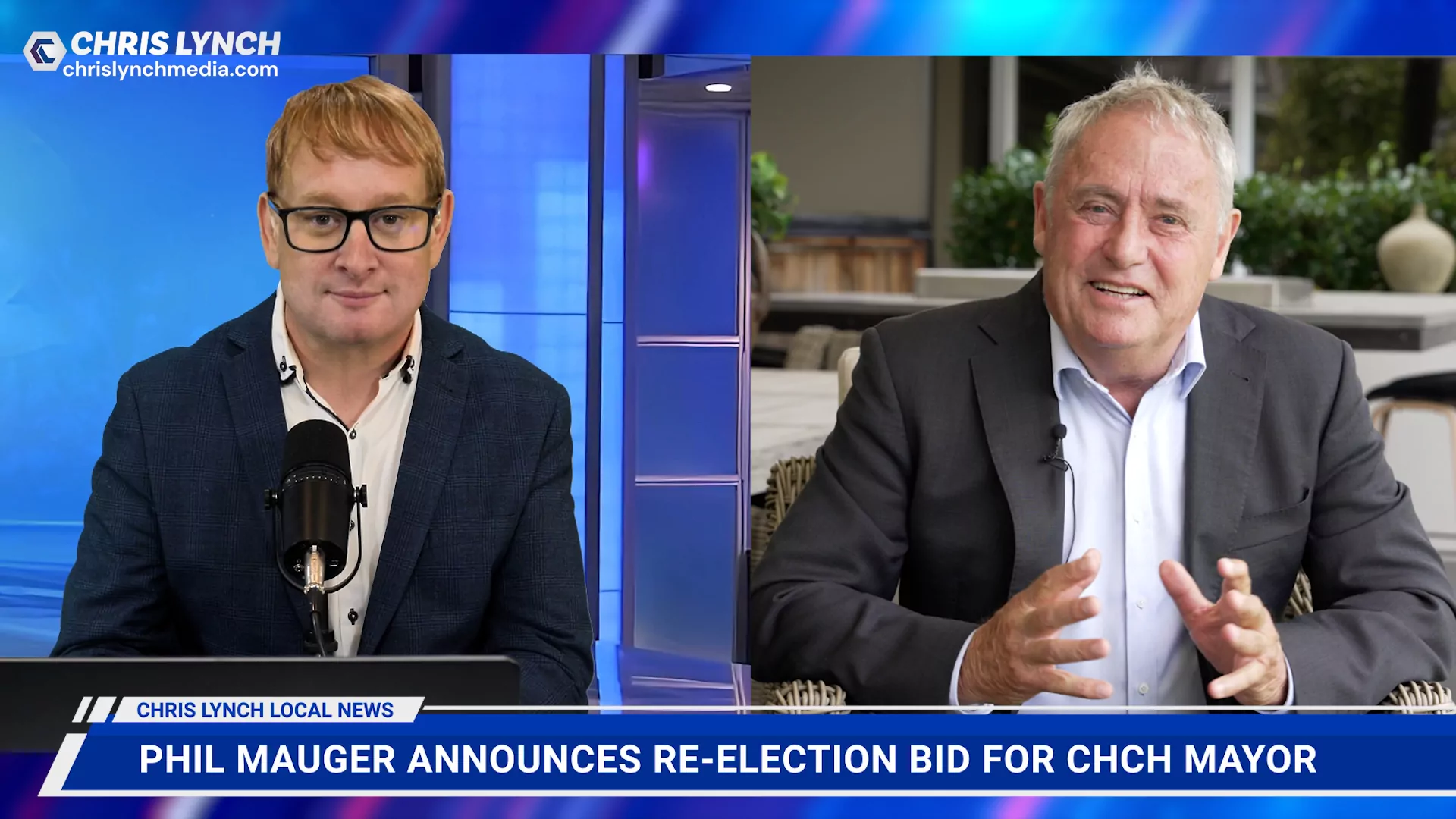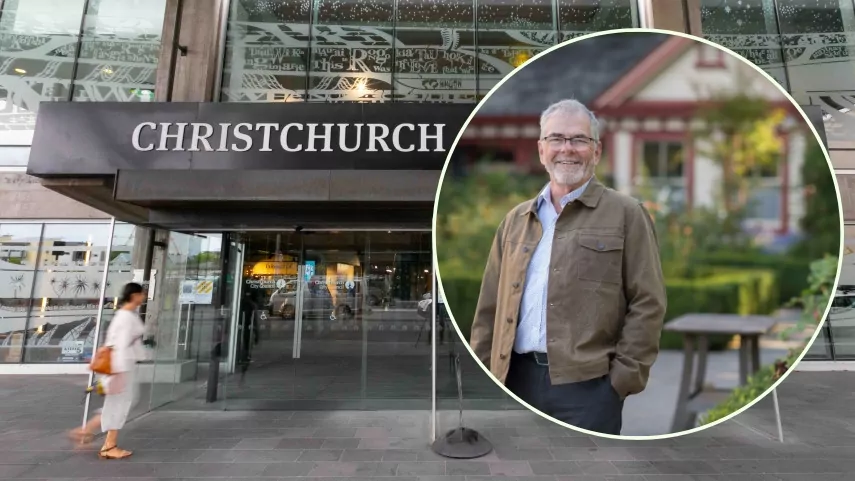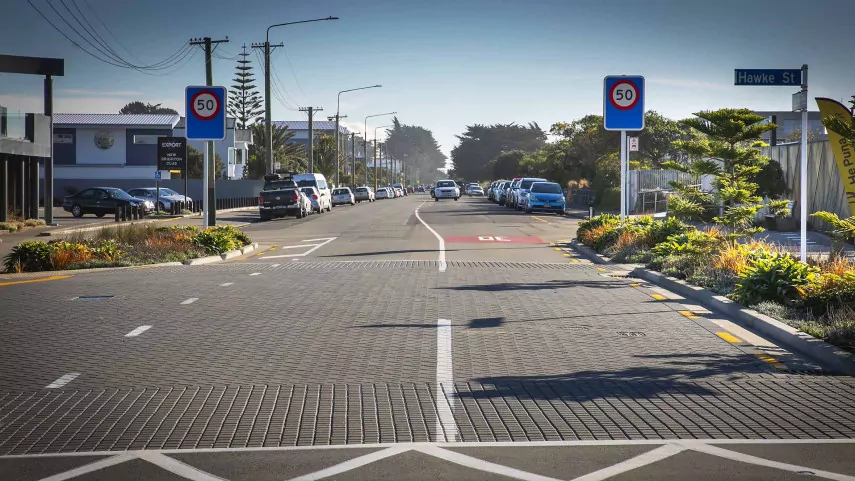Christchurch ratepayers are facing an average rates increase of 7.58% as the city council lays out its spending plans for the year ahead.
The Christchurch City Council has adopted its Draft Annual Plan 2025/26, setting out how it intends to fund key infrastructure and services over the next 12 months.
The plan includes a $735 million capital investment into the city’s infrastructure and facilities—$29.6 million more than originally projected in the Long Term Plan (LTP).
Operational spending is set at $718 million, an increase of $23.8 million from earlier forecasts.
Mayor Phil Mauger said the draft plan ensures Christchurch remains on a strong growth trajectory while balancing financial pressures.
“Owing to the current financial pressures all of New Zealand is facing, we’re proposing an unbalanced budget this year,” he said.
“That’s because we’re proposing borrowing more now to cover our essential asset renewals, which will spread the cost over time and mean we don’t need to impose a big increase on ratepayers immediately.”
The council plans to pause the collection of the targeted rate for Christ Church Cathedral reinstatement for the remaining three years it was scheduled to be collected.
The 7.58% average rates increase is lower than the 8.48% originally forecast in the LTP, but it still represents a significant rise for households and businesses.
Other funding considerations in the plan include:
- A $5 million grant to the Air Force Museum of New Zealand.
- Changes to trade waste discharge charges.
- Adjustments to the draft Climate Resilience Fund.
- Increasing the rates for infrastructure renewals, which would reduce borrowing and help balance future budgets.
The council aims to return to a balanced budget by 2028.
The council is now seeking feedback on the draft plan, with the consultation period running from Wednesday, 26 February to Friday, 28 March 2025.
Mauger said community input was essential in shaping the final plan.
“The best cities are the ones that listen to their communities, and that’s exactly what we’re doing,” he said.
Ratepayers will have the opportunity to provide feedback online and through public consultation sessions.

